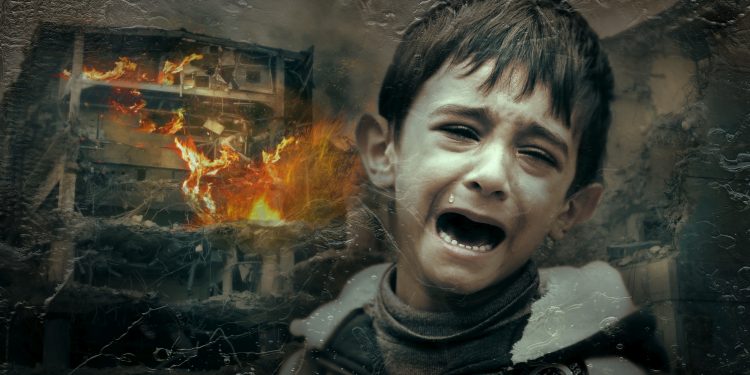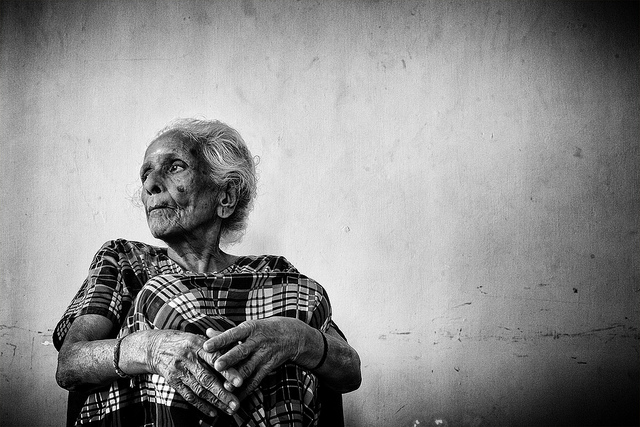Rohingya Muslims: Illegal Entry Into India, Supreme Court to Take a Call

The Rohingya crisis and their illegal entry into India and the decision taken by Indian Government and Supreme court on the Refugees.
What Is The Rohingya Crisis?
Due to military breakdown and renewed violence in Myanmar, nearly 400,000 Rohingyas have fled to Bangladesh and other countries. Thousands of them have entered India through Jammu and Kashmir and Indian Government treats it as a threat to the security of India. But according to the international refugee law , a country should not deport the asylum seekers back to the country they came from in which they would face any kind danger. Hence India Government’s decision to deport the Rohingyas back is against the law is in violation of this non-refoulement.
Why Government Finds Rohingyas As A Security Threat
Centre finds that many Rohingya refugees have links with Islamic states and Pakistan’s spy agency ISI. Also the government says that the Rohingyas ay exhaust all the natural resources that are meant for Indians and would provide a serious law and order problem. The above reasons were stated by the government to the Supreme court as a response to the petition filed by two Rohingya refugees. The Modi government wants to deport the 40,000 Rohingyas who entered illegally.
Supreme Court’s Reaction To The Petition
The supreme court on Friday agreed to hear the plea made by the two Rohingyas against the Government’s decision to deport them. The duo presented by them clearly stated that it violated the constitutional guarantee that the Indian state should “protect the life and liberty of every human being, whether citizen or not.” The human rights commission also issued a notice to the government regarding the deportment. According to the petition all the Rohingyas were registered and recognised by the UNHCR in 2016 and also granted refugee identity cards.
Rohingyas In India
The Myanmar government recognised only 40,000 Rohingyas and considered the remaining as “illegal Bengalis” – immigrants from Bangladesh. Since the Myanmar government doesn’t consider them as local it would be difficult for the Indian government to deport them back.
Also the centre says the Supreme court that many Rohingyas have acquired the PAN, Aadhaar and other documents that were only meant for Indians illegally. This raises the concern of naturalisation of illegal migrants by fraudulent means.
Conclusion
Even though the centre cannot accommodate so many people and it make give rise to a socio-economic disorder and security issues, we must try helping the Rohingyas indirectly at least for humanity sake. The center has to soon take a stand on this issue and try to provide the immigrants with proper facilities. The Rohingya muslims should be served with equal rights, right to live, right to liberty and security.



